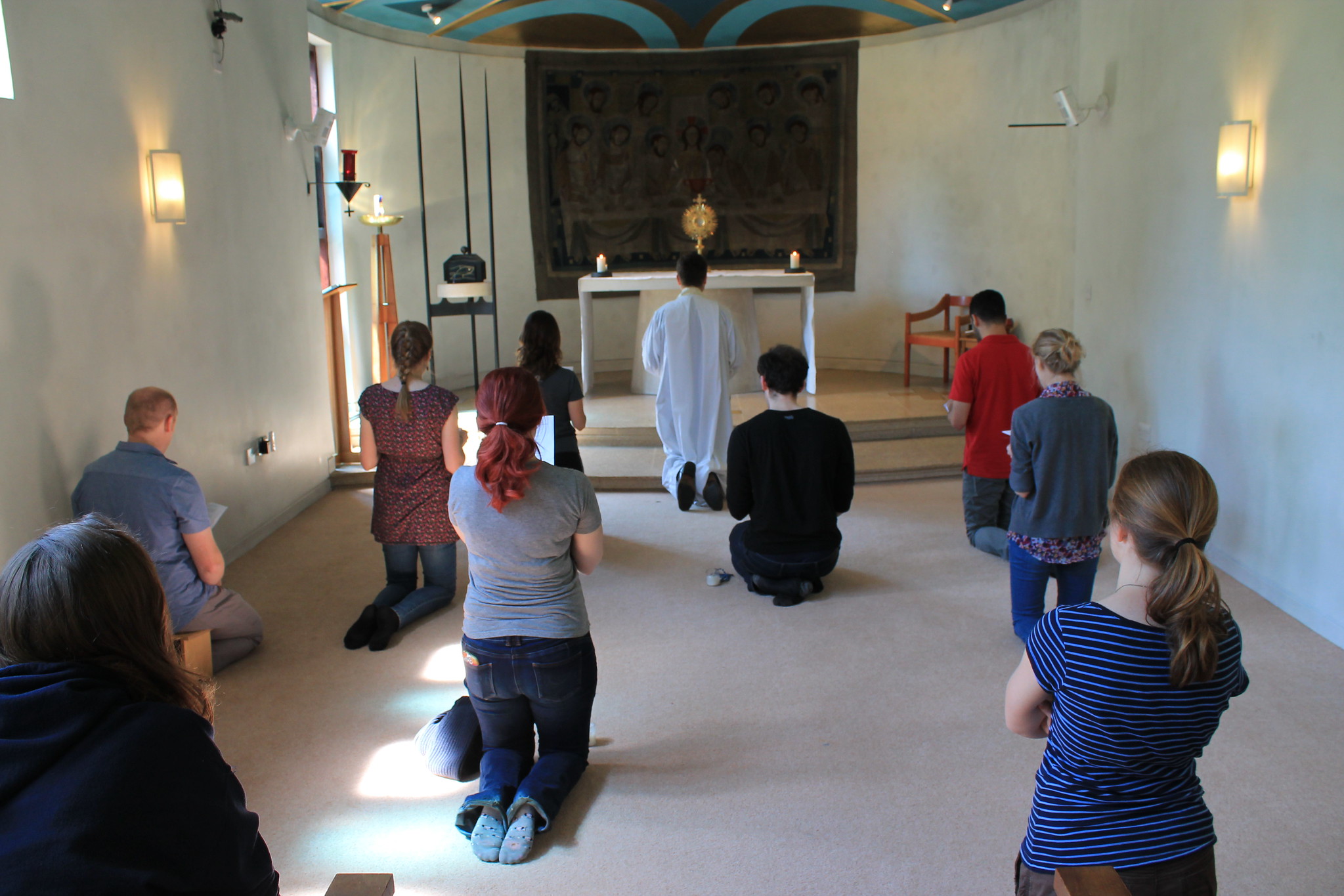Please see below for resources for teachers and students regarding teaching Science and the Catholic Faith in Core RE.Overview
KS5 Core RE Unit Plan
Unit Topic:
Science and the Catholic Faith
Duration
6 lessons
Learning Outcomes
Students will address:
Lesson 1- Science and the Catholic Faith- Is there a conflict?
Lesson 2- Creatio ex Nihlio- Can the universe be created from nothing?
Lesson 3- Evolution- is the theory of evolution compatible with the Catholic faith?
Lesson 4- Contingent and necessary existence- does the universe need a creator?
Lesson 5- Awe and Wonder- why do we feel awe? What are its effects?
Lesson 6- Assessment- Are science and faith compatible?
Skills
- Recall, select and deploy specified knowledge;
- identify, investigate and analyse questions and issues arising from the course of study;
- use appropriate language and terminology in context;
- interpret and evaluate religious concepts, issues and ideas, the relevance of arguments and the views of scholars;
- communicate, using reasoned arguments substantiated by evidence;
- demonstrate a wider range and greater depth of knowledge and understanding, a greater maturity of thought and expression and more developed analytical skills.
Links to curriculum directory and catechism
- The Church’s teaching about faith (e.g. gift, virtue) and the place of reason in the search for God;
.2.4. Understanding scripture (105-119)
The Bible in relation to science and history (37, 159, 1960)
b There can be no conflict between religious truth and scientific and historical truth (159)
1.3.1. The Creation of the World and our First Parents (54, 279-282)
A Revelation as found in the book of Genesis.
a Understanding literary forms in Scripture (289)
b Genesis 1-11 conveys religious truth rather than science (283-289)
d Scripture’s use of figurative and symbolic language in Genesis 1-11 (362, 375, 390, 396)
B The Trinitarian God is the Creator of all; all creation reflects the glory of God (290-295, 301)
C God created all that is, seen and unseen
a Unseen or invisible world: angels (325-336)
b Seen or visible world.
Lesson 1- Introduction to the Unit
Learning Objectives
- What are the Roles of Science and Faith?
- Is there a conflict between faith and science?
Resources
Lesson 2- ‘Ex Nihilo’
Learning Objectives
- To understand the concept of ex Nihilo as it applies to Theology and Science.
Resources
Learning Objectives
- Is Evolution compatible with Church teaching?
Resources
Lesson 4- Contingent and Necessary Existence
Learning Objectives
- In Philosophical terms, what do you mean by contingent and necessary?
- Does the universe need a creator?
- The Church’s teaching about faith (e.g. gift, virtue) and the place of reason in the search for God.
Resources
Learning Objectives
- To explore what is awe? Why do we experience awe? What is the impact of experiencing awe?
- To explore the feelings of awe and wonder in both the context of Catholicism and science.
- To evaluate awe and wonder from the Catholic and Scientific standpoint.
- To discuss why we experience wonder and awe.
- To create an exam style question and mark scheme to provide a balanced argument between Catholic and scientific beliefs about awe and wonder.
Resources
Learning Objectives
- Assess knowledge of the unit
Resources
